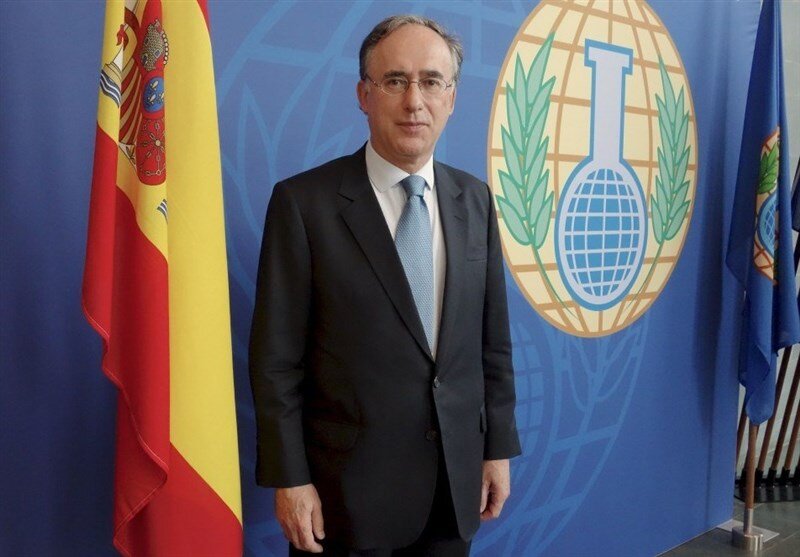TEHRAN – On the anniversary of the chemical attack on the Iranian border city of Sardasth in 1987, The Hague-based Organization for Prohibition of Chemical Weapons (OPCW) issued a statement insisting that the international community must provide assurances that tragedies such as Sardasht will not happen again.
In the chemical attack on the northwestern city in Iran’s West Azarbaijan Province more than 100 people were killed and thousands more were exposed to mustard gas agents whose agonies are still continuing.
Following is the text of OPCW Director General Fernando Arias on the chemical attack:
Thirty-five years ago, on 28 June 1987, the peaceful citizens of Sardasht became the victims of an atrocious chemical attack.
It killed scores of innocent people indiscriminately – men and women, the young and old.
Among those who survived, many were left permanently scarred and traumatised. For some, the physical and mental agony continues to this day.
This event horrified the international community, accelerating its efforts to conclude a comprehensive global ban on chemical weapons.
This year we mark the 25th anniversary of that ban’s entry into force as a binding legal instrument – the Chemical Weapons Convention.
It stands as a unique treaty because it embodies a complete, permanent, and verifiable prohibition against an entire category of weapons of mass destruction.
The Convention is also a commitment to the victims of chemical warfare because through the Convention the international community remains resolute in its efforts to ensure that such suffering does not recur.
In this respect, over the past quarter century we have achieved great progress towards this goal.
Ninety-nine percent of declared chemical weapons stockpiles have been eliminated under the strict and effective verification of the OPCW.
193 countries have joined the Convention, which means that 98% of the world’s population is under its protection.
Despite these accomplishments, recent use of chemical weapons in multiple countries around the world reminds us that this threat persists.


No comments:
Post a Comment